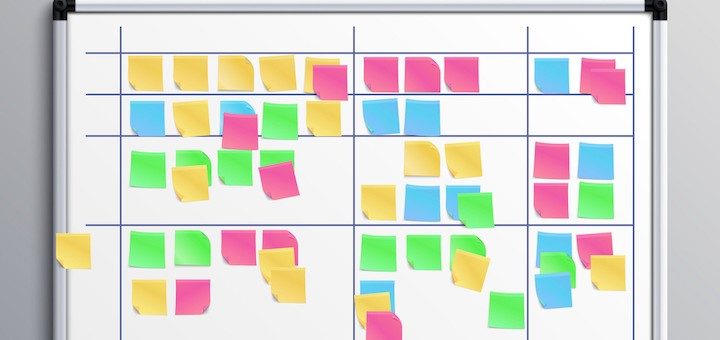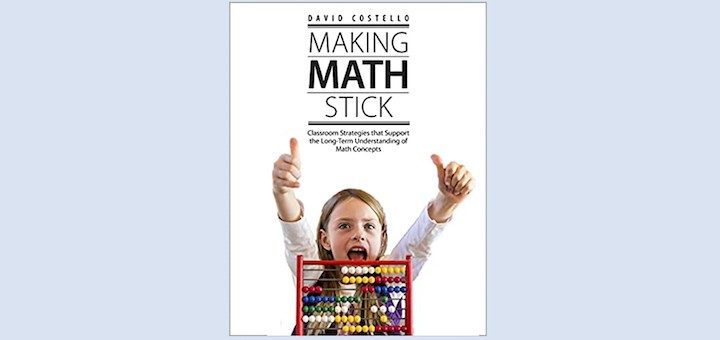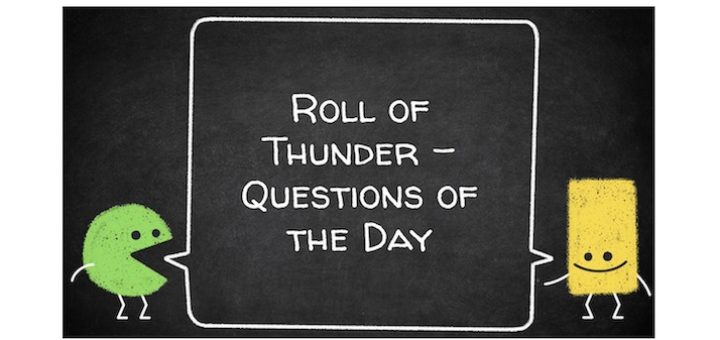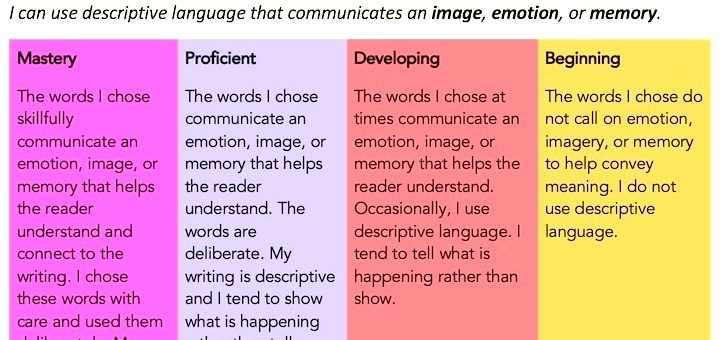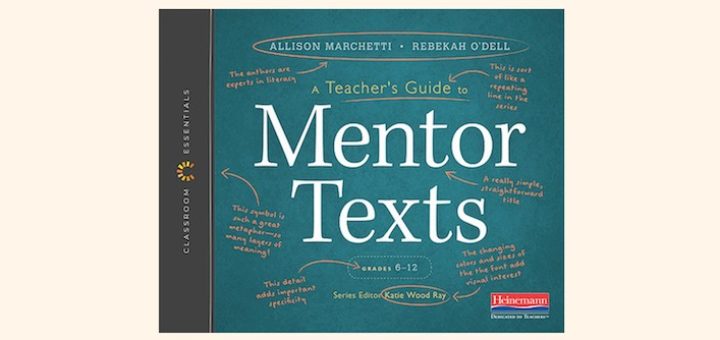Using Google Sheets to Track Student Data
Using Google Sheets is an efficient way to keep track of student data and meet other progress monitoring needs, writes NBCT Kathleen Palmieri. Once the initial set up is completed, you’ll find many uses for this quick data check that justify your time investment. Here’s how!

